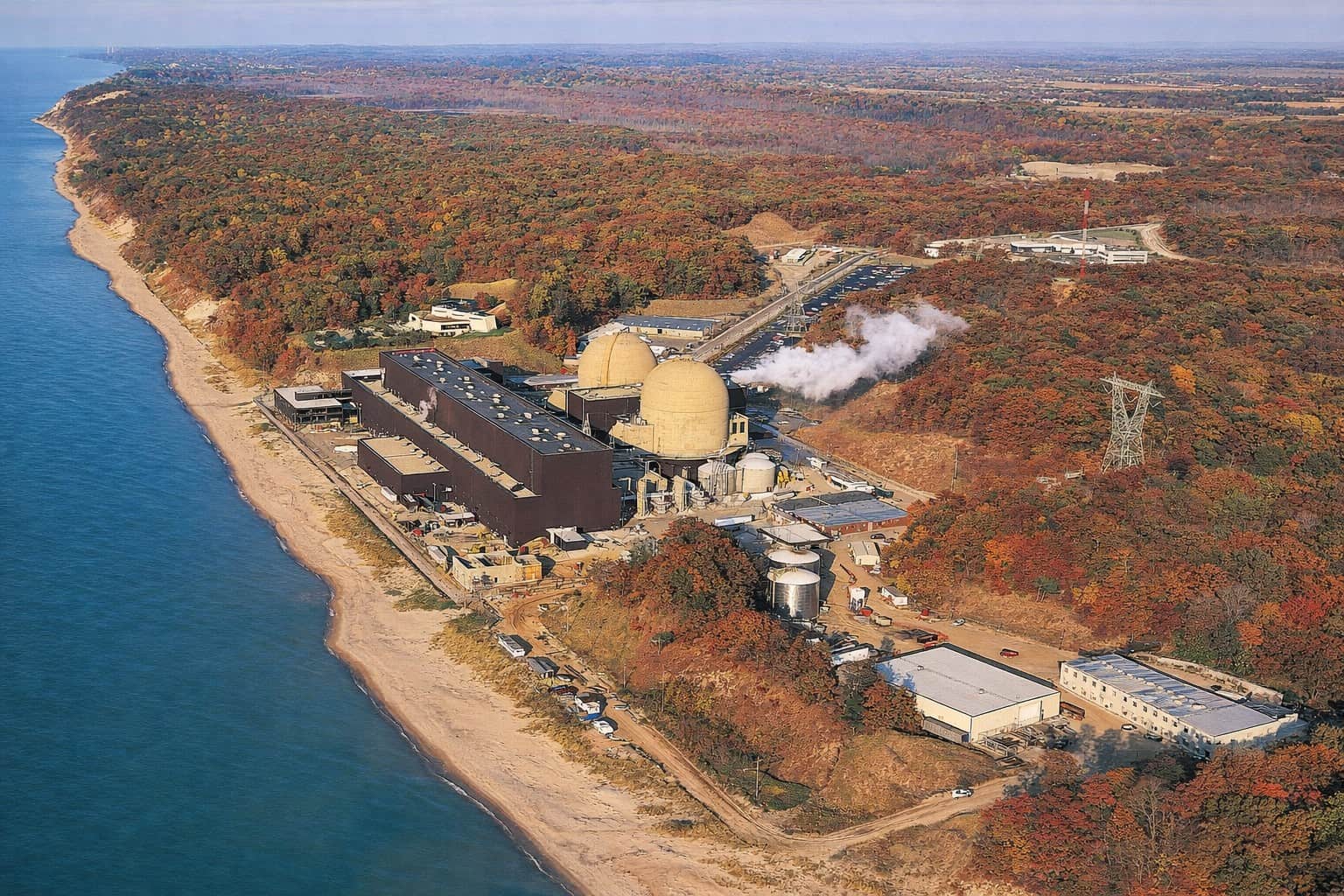WASHINGTON DC – Global emissions of planet-heating gas hit a record high last year, the International Energy Agency announced Friday.
But the rich economies cumulatively responsible for much of the carbon in the atmosphere saw their average emissions drop down to 1973 levels, driven largely by a transition away from fossil fuel power plants.
For the first time in history, zero-carbon sources of energy generated half the total electricity in the world’s advanced economies, according to new data from the Paris-based energy watchdog.
Renewables like wind and solar accounted for an “unprecedented” 34% share of power generation. Nuclear power, which a separate IEA report last month forecast would hit record global production next year, made up the rest. Nearly two-thirds of the decline came from the electricity sector.
Emissions fell even as the overall gross domestic product of the world’s advanced economies grew by nearly 2%, making 2023’s drop in greenhouse gas the largest percentage decrease outside of an economic recession.
Despite a resurgence in countries like Germany that shut down their nuclear power stations, meanwhile, coal’s share of the electricity mix across the rich world plummeted to what the IEA called “an historic low” of 17%. Outside of the Great Depression, demand for coal fell to its lowest level since 1900.
The new IEA data came out a day after the Biden administration announced plans to loosen forthcoming rules on planet-heating pollution from power plants, providing a carve-out for existing natural gas-burning facilities, which now generate the bulk of U.S. electricity. The Environmental Protection Agency promised to pursue a “stronger, more durable approach” with a different regulation.
Electricity demand in the U.S. is growing for the first time since the 1990s, as the grid takes on powering not just electric cars and appliances, but data centers as well.
The landmark climate laws President Joe Biden passed in 2022 are funneling billions toward renewables, new transmission lines, and battery factories. The first climate legislation likely to pass Congress this year, meanwhile, is a bill to make permitting and building new types of nuclear reactors easier.
Even clean energy sources that have been developed too recently to have benefited from new legislation are seeing significant signs of progress. A Texas geothermal energy startup pioneering a way to harness the Earth’s molten core to generate electricity made major breakthroughs after federal lawmakers enacted Biden’s clean-energy spending laws. The company just raised $244 million from investors to test its technology at scale.







